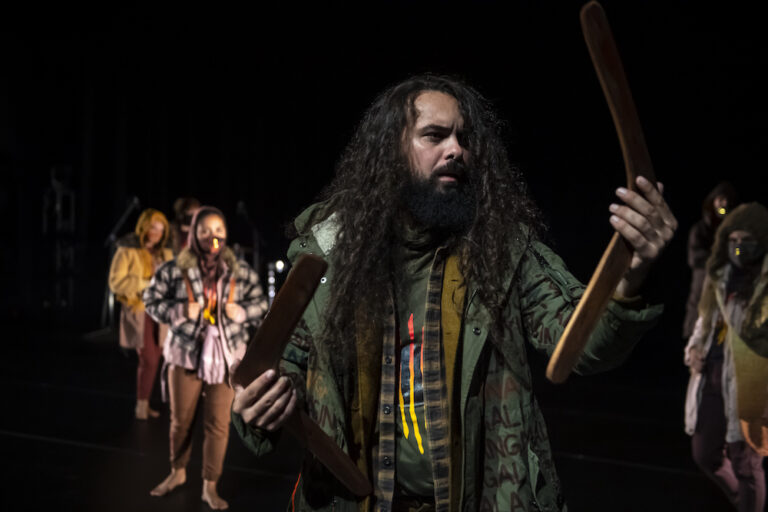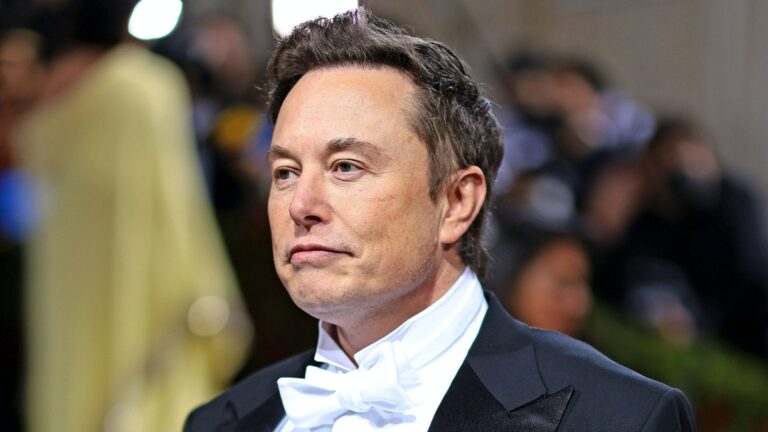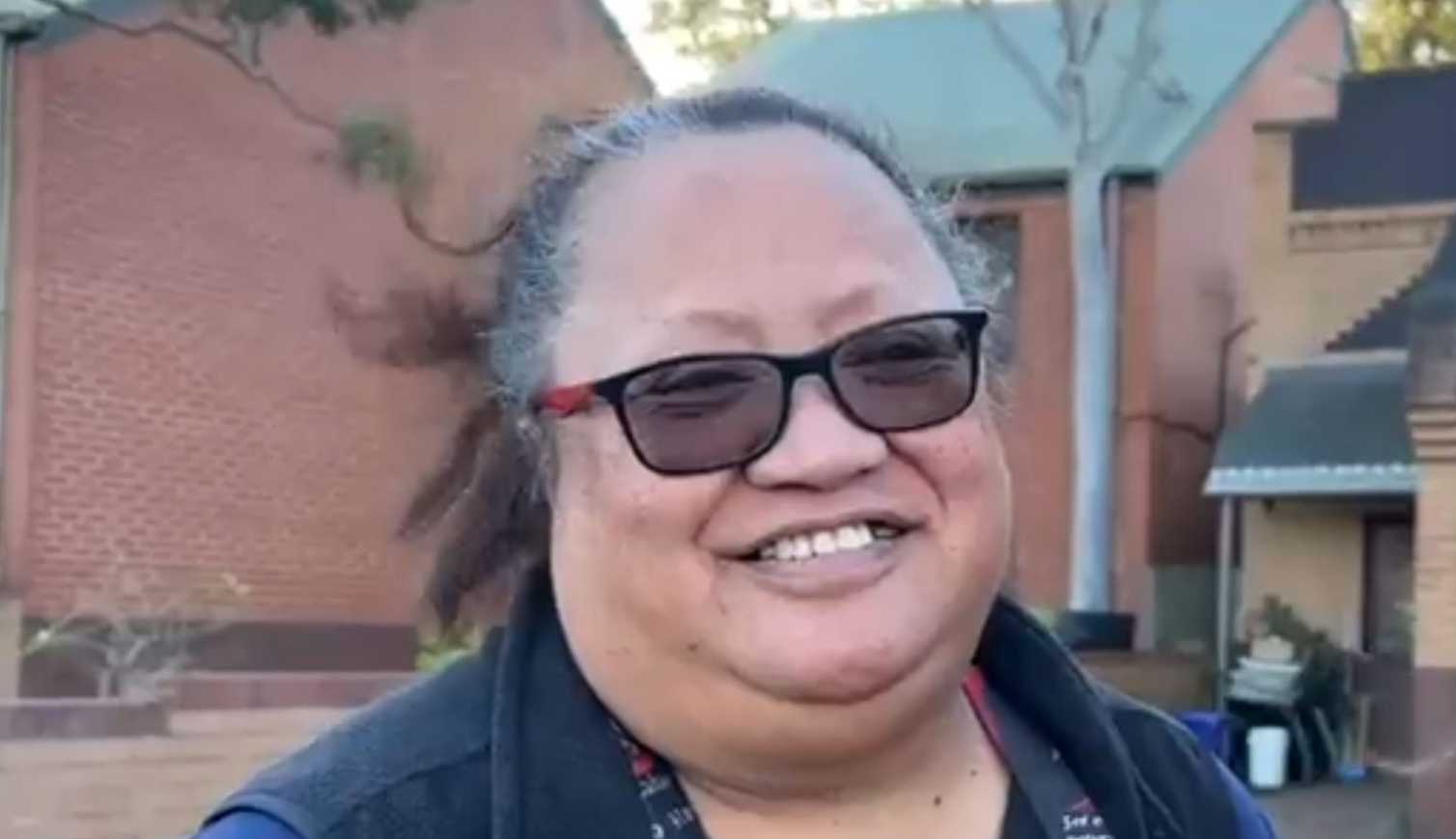
Sydneysiders call for an end to “cruel” puppy farming

By ALLISON HORE
Hundreds of protesters and their four legged friends gathered in Martin Place on Saturday in support of proposed legislation which would put an end to puppy farming in NSW.
Puppy farming, also known as puppy factories or puppy mills, are places where puppies are bred en masse to be sold in pet stores or online. Animal advocates say breeding dogs in these facilities and their litters often suffer from health problems due to neglect and unsanitary conditions.
Lax puppy farming laws in NSW have led breeders from around the country to move their operations to the state. But with a new bill introduced before the Legislative Council by the Animal Justice Party’s Emma Hurst, this could soon change.
“The Government are going to have a fight on their hands if they want to vote against my Bill and keep puppy farmers operating in NSW,” Ms. Hurst said at the Martin Place gathering.
“We want to end puppy farming- and mark my words, we damn well will.”
Ms. Hurst said NSW currently has some of the weakest penalties for animal abuse in the country. Her bill, introduced before the NSW Upper House in November, would increase maximum fines for animal cruelty from $5,500 to $55,000 is passed. The bill would introduce a minimum penalty in line with Western Australia’s laws- $2,200 for each act of animal cruelty and $3,850 for aggravated acts.
Those convicted of aggravated cruelty and beastiality would be subject to a mandatory lifetime ban on animal ownership.
Ms. Hurst’s bill has seen support from the Greens, Labor, Independents and fellow Animal Justice Party Members. Shadow Minister for Primary Industries, Jenny Aitchison, told the crowd at Martin Place that the issue of animal welfare should not be a partisan one.
“This government is not a friend of animals,” she said.
“It shouldn’t be a politicised issue, no-one wants to see animals suffer,”
“Thousands without a name”
Ms. Hurst’s bill rivals the coalition’s own animal cruelty bill, also introduced before the NSW parliament in December. The government says the maximum fines of $44,000 set out in their new bill, as well as the increased maximum jail terms, would make it the toughest in the country.
“In some cases, these punishments are more than double that in most other states, so when these laws are passed, NSW will have the toughest set of animal cruelty penalties in Australia,” Agriculture Minister Adam Marshall said.
But Ms. Hurst thinks the penalties set in that bill do not go far enough.
Should her bill pass through the Upper House, member for Sydney, Alex Greenwich, will introduce it before the Lower House.
“Animals feel physical and emotional pain and should not be treated like a commodity,” said Mr. Greenwich.
Georgie Purcell is the president of Oscar’s Law, an anti-puppy farming lobby group named after a puppy rescued from a breeding facility in Victoria. Days after the puppy was rescued, it was seized by authorities and returned to the farm. She also spoke at the rally calling for NSW to follow the lead of other states across the country and put an end to puppy farming.
“We’ll end puppy factories for Strawberry. For Sara. For all the thousands without a name and are just a number to their puppy farmer,” she said.
In Septmeber, two puppy farms in regional NSW were raided by the RSPCA over allegations of “extreme animal cruelty”. The farms in Inverell and Wagga came to the attention of authorities after allegations a pregnant 10-month old boxer named Strawberry died after being denied veterinary care for four days.
Strawberry successfully gave birth to three pups from her litter before she fell ill and was unable to give birth to the rest of the litter. An alleged former employee of the farm said over the days before the dog’s death she was “basically rotting from the inside out”. The same employee identified two puppies for sale in WA pet stores as being survivors of the litter.
Customers blindsided
The Animal Justice Party says puppies born in puppy farms, and sold on to “unknowing customers”, can suffer from a range of health and behavioural issues as a result of unsanitary conditions on farms, inadequate veterinary care, improper socialisation and inbreeding.
The RSPCA says it can be difficult to tell if the dog you are looking at on the screen or in a pet shop has come from puppy farms because they produce all kinds of pups- purebred, crossbred and mixed-breed. Pups which have come from these facilities can also be sold anywhere including through internet listings, newspaper ads, markets, car boot sales and pet shops.
“The only way to know for sure that you’re not supporting a puppy farm is to visit the place in which the puppies were bred and meet the parents,” the RSPCA said.
“Never buy a pet sight unseen over the internet.”
Ms. Aitchison said families buying dogs want to know that the dogs they are taking home with them have been treated well beforehand and with puppy farms being legal it’s not possible.
“We know that it’s not right for animals to be bred in these terrible environments where they’re not given the right care, protection and love that we give to these animals when we take them home,”
“And it’s not right to expect that everyone will know what goes on behind the dogs that they are purchasing.”
In Mr. Marshall, said the Government would fund a new RSPCA taskforce to investigate and dismantle illegal dog breeding facilities.
“The new taskforce will consist of four new RSPCA inspectors [six in total] who will exclusively spend their time inspecting breeding facilities across the state, ensuring they meet the NSW Government’s robust animal welfare requirements,” he said.
Currently the RSPCA only has the power to remove dogs from puppy farms or shut them down if there is a proven act of animal cruelty.









